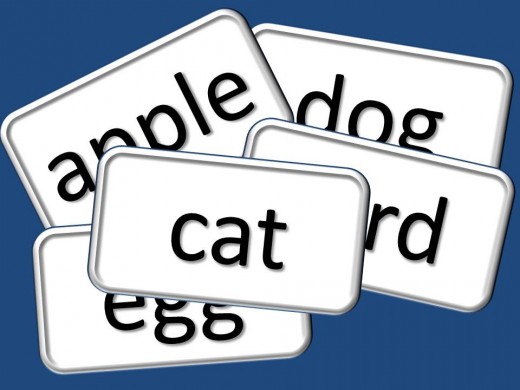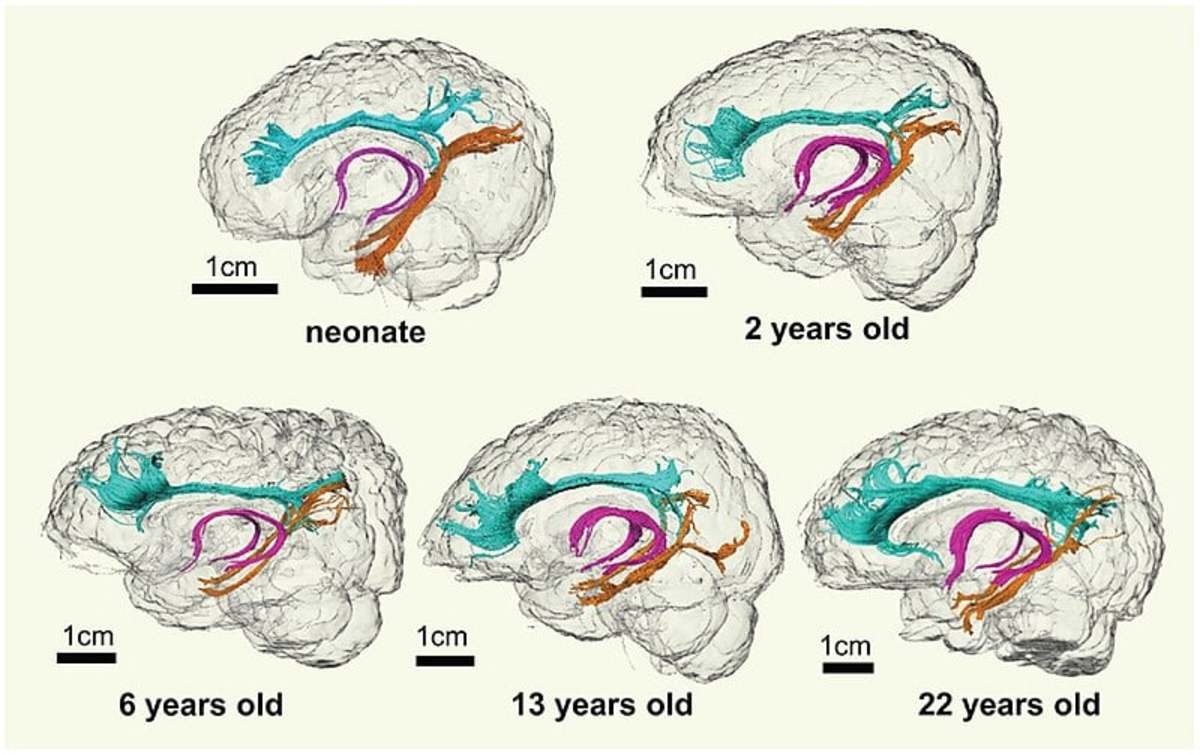- HubPages»
- Family and Parenting»
- Parenting Skills, Styles & Advice»
- Parenting Advice & Tips
Your Baby Learns Language Earlier Than You Think

As a father, I can’t wait to actually converse with my baby. But speech and language development of an infant is proving to be a huge barrier. Although I have no idea what her cooing and babbling means, I know it’s the makings of a good conversation. This is probably a biased view of a proud dad!
When it comes to infant development, nature placed priority on physical development. How to speak comes in later. Regardless, parents have the front row seat in the language development in infants. In fact, parents have an active role in the baby’s development of speech.
A recent speech and language research by two psychologists from the University of Pennsylvania offers new insights on the language development in infants. Elika Bergelson and Daniel Swingley showed that infants’ speech and language development comes in on earlier than what was believed.
Infant Speech Development
End of 3 Months
| End of 6 Months
| End of 12 Months
|
|---|---|---|
cooing
| babbling
| immitates words
|
Old School Concept
Before, the development of speech in infants was believed to be later on in life months approximately 9- 15 months from birth. In fact, infancy was considered as pre-linguistic stage by many cognitive and language experts. Of course, you don’t expect babies to articulate like adults their language development is already at work. Although babies coo and babble, it is by no means a cognitive response to stimuli. Moreover, experts say that babies can recognize the sounds from their native language, but cannot decipher its meaning at early age. In fact, many psychologists think that comprehension develops only around 12 to 15 months
New Research on Infant Language Development
Bergelson and Swingley found out that speech and language development of an infant starts earlier. Their study showed that infants 6 to 9 months understood basic words. In their research, they tested 33 babies ranging from 6 to 9 months old and 50 babies ranging from 10 to 20 months old. They tracked the eye movement of the babies as they heard their caregiver’s voice. Babies in the research fixed their eyes on the picture of the word that they heard.

Tips for Parents
However you see speech and development of an infant, it is important that the right experiences are given to them. So here are some tips on teaching your baby how to speak and understand words better
- Talk to your baby as often as you can. Engage your baby in conversation. Although they might not respond using words, it is important that they hear the words properly. Communicating with babies is essential to create a strong communication foundation.
- Avoid baby talk even if it sounds cute. Instead, use clear words and sentences. Moreover, speak clearly so your baby will hear how words are uttered properly.
- Expose them to both spoken language and written language. It is not enough that your baby knows how to say the word. It is also important that they associate the word with their spelling. So expose your baby to both verbal and visual cues of language.
- Use different tools. Use different tools to foster the development of speech and comprehension. From videos, books, flashcards or just writing on paper, allow the child different experiences to make the learning more meaningful.
- Label the world around them. Based on the research by Bergelson and Swingley, infants recognize body parts and food. Language development whether in infants or learning a second language involves labeling common objects around the person. It is beneficial to name objects around your child so the baby can associate the word with the object. This will make learning the language faster.
Speech and language research have opened new ways to understand the development of infants, Parents and the people around the baby share the responsibility to provide a meaningful environment where they will grow. Learning is never too early.








